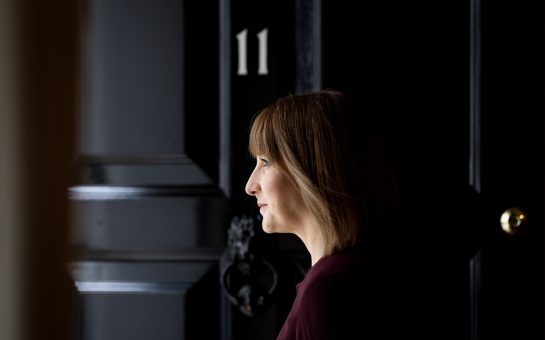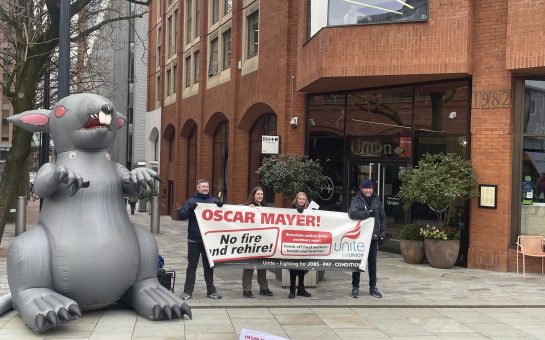The poor and vulnerable will suffer most from cuts made in the Government’s Summer Budget, according to Oldham MP Debbie Abrahams.
George Osborne today announced that child tax credits will be slashed along with £12billion worth of cuts being introduced in the social security sector over the next three years.
Commenting on today’s Emergency Budget, the Labour MP for Oldham East and Saddleworth said: “This Budget should have included measures to strengthen our economy, but not at the expense of people being made worse off.
“Instead, they have announced cuts to child tax credits that will affect those in-work on the lowest incomes, which will have a disproportionate effect on people in Oldham, a third of whom are paid less than the Living Wage.
“There are over 20,000 working families with nearly 30,000 children in Oldham who are claiming tax credits families – that’s 2 in 3 families and 3 in 4 children. For them, tax credits means the difference between just about keeping their heads above water or not.
A Living Wage is set to be introduced next April, starting at £7.20 and rising to £9 an hour by 2020 – replacing the current £6.50 minimum wage.
Mrs Abrahams welcomed the move but believed it wouldn’t have much of an impact in the current climate.
“Whilst the announcement of a national living wage is to be welcomed, this won’t take effect for another 5 years and does not fully redress the reduction in families’ incomes as a result of the tax credit cuts,” she said.
“In addition, the Government’s decision to cut the social security by a further £12 billion over the next three years will hit the most vulnerable hard.
“Recent analysis of trends in benefits spending has shown that far from being generous, as the Chancellor today claimed, in 2012 the UK spent 15.5% of GDP on total social security support which was 17th out of 32 EU states with the most being spent on our pensioners.
“The Chancellor is risking making inequalities intergenerational.”
Mrs Abrahams also believed that people on low incomes shouldn’t be punished when it comes to lowering the deficit.
“The deficit needs to be paid down, but there are better ways of doing it than hitting people that are working hard and the most vulnerable,” she said.
“While we shift from a fragile, low pay economy, we need to protect those on low incomes whilst supporting employers to introduce the living wage in all sectors as early as possible by, for example, linking this to tax rebates as Labour has proposed.
“The UK is already one of the most unequal countries in the world. The International Monetary Fund has said that ‘widening income inequalities is the most defining challenge of our time’.
“40 years ago, 5% of income in the UK went to the highest 1% of earners; today it is 15%. Today’s Budget has patently failed to think about the economy as a whole, across the country, and as a result will hit many on low income hardest.”
Image courtesy of Amnesty International, with thanks.



